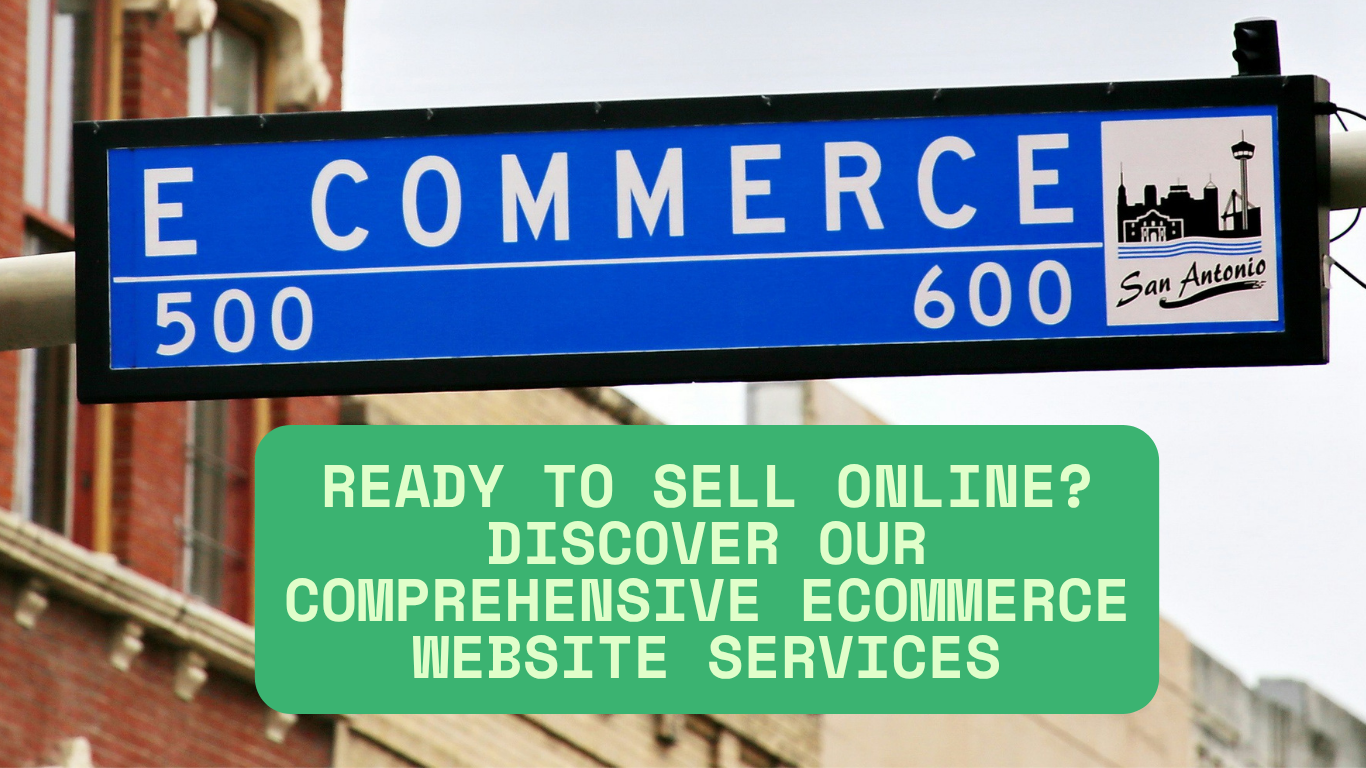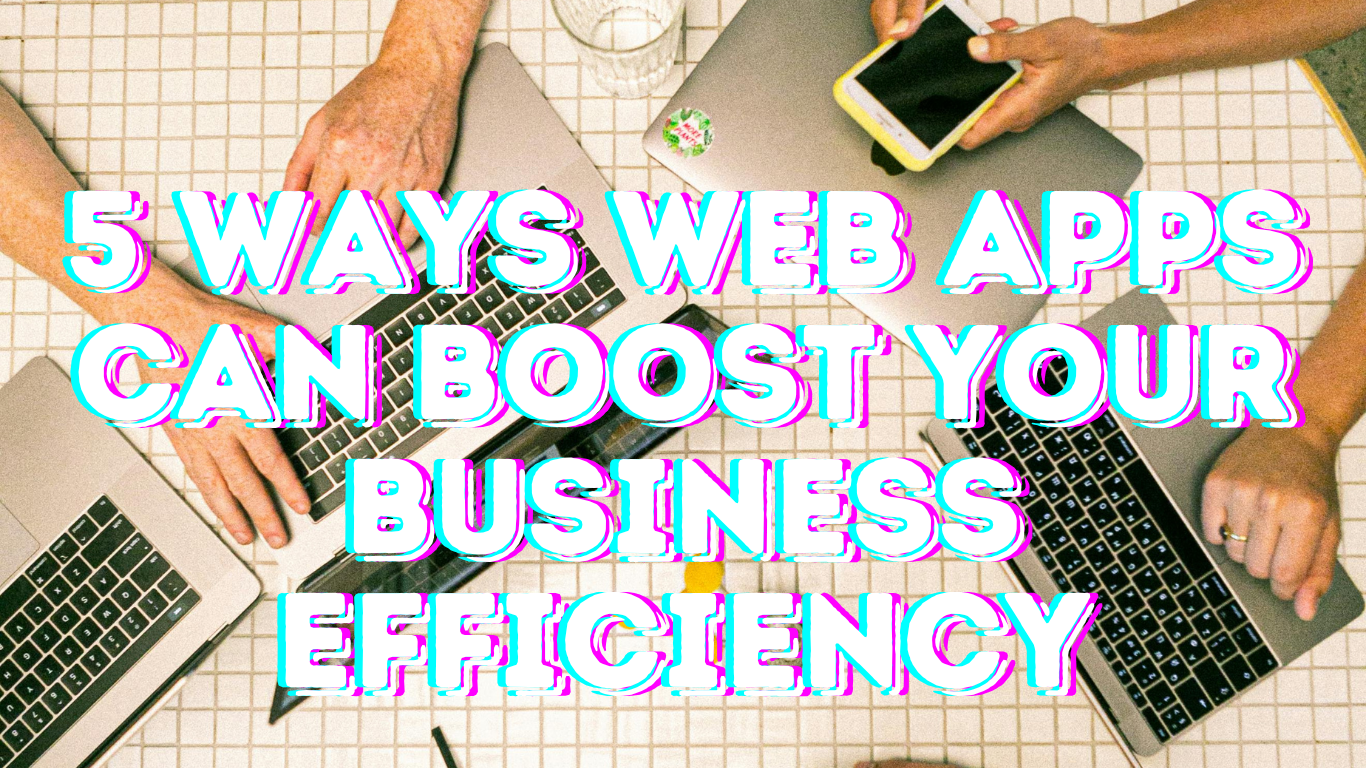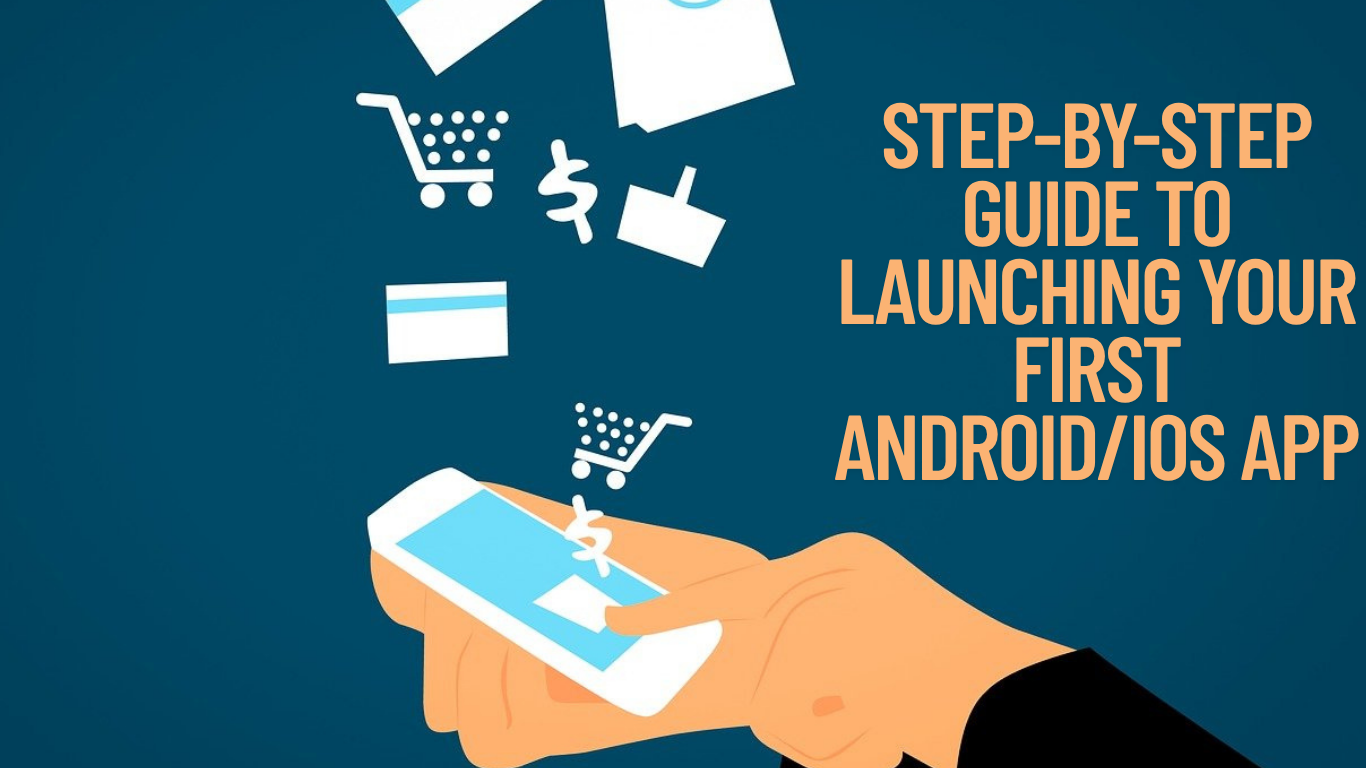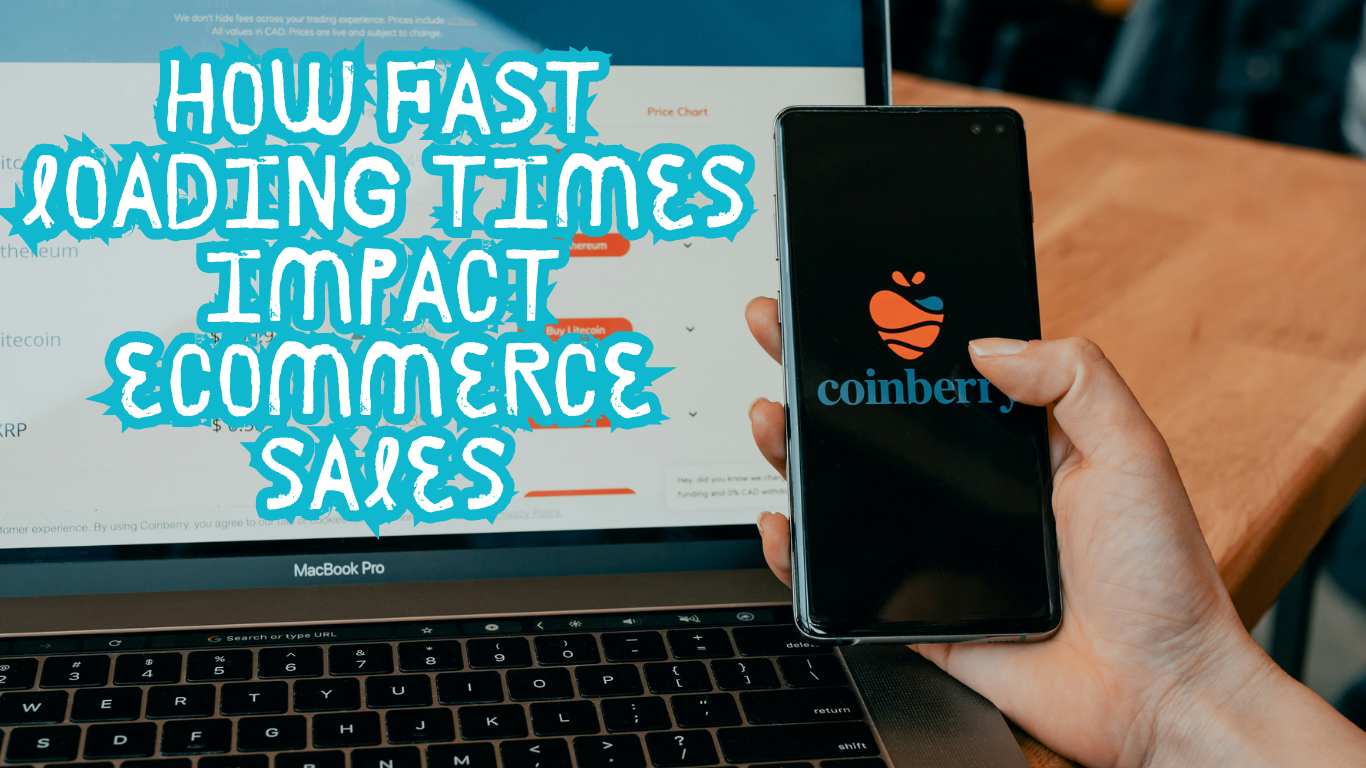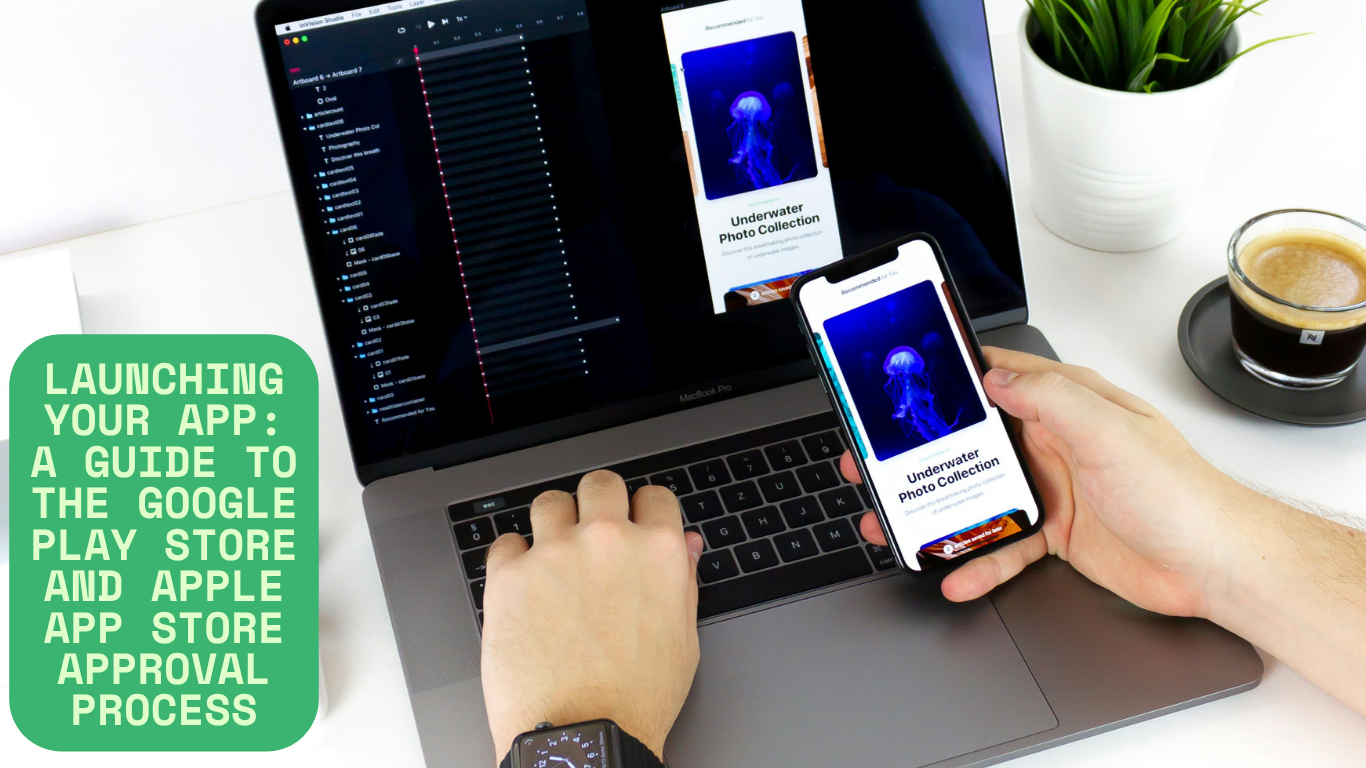Progressive Web Apps vs. Native Apps: Which Is Right for Your Business?
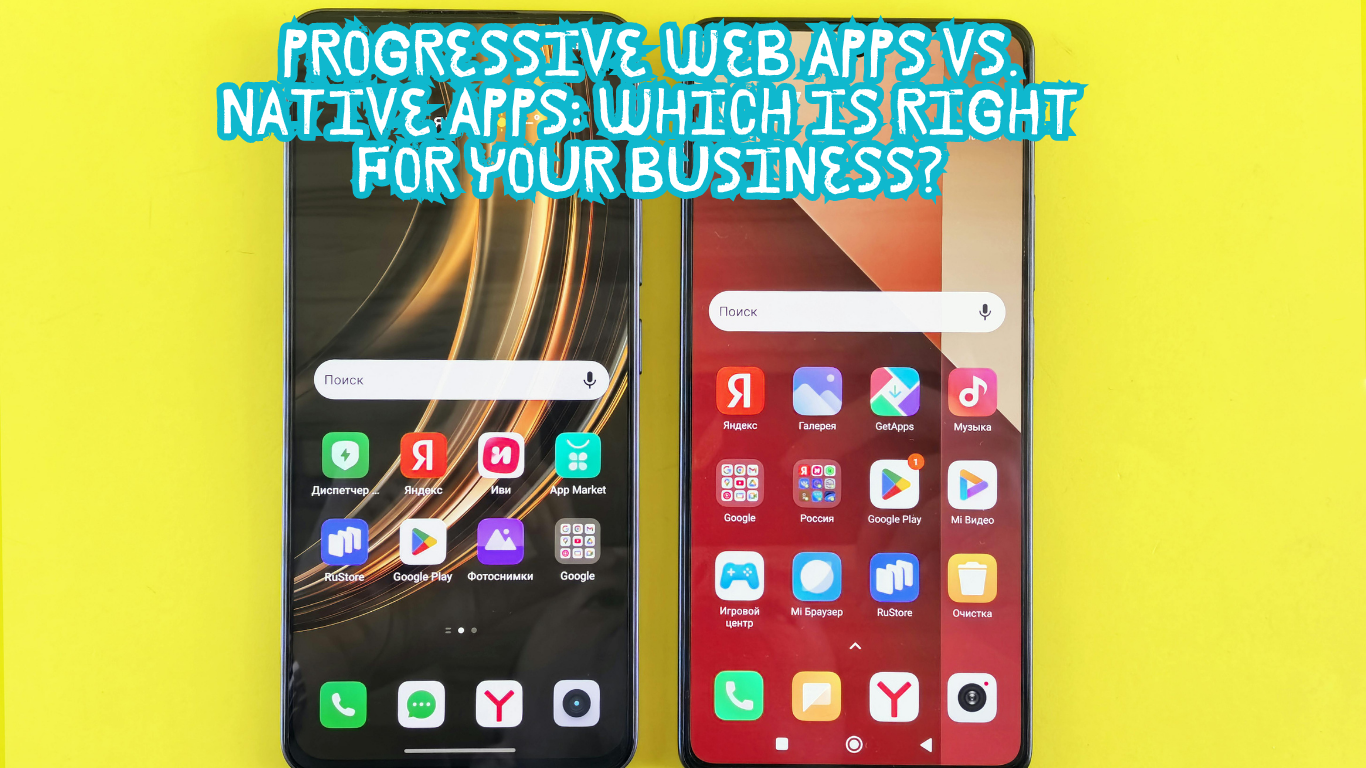
Strong 8k brings an ultra-HD IPTV experience to your living room and your pocket.
In today's digital-first world, businesses face a crucial decision when planning their mobile strategy: should you invest in a Progressive Web App (PWA) or a Native App? As an android app development company or an ios app development company will tell you, the right choice depends on your business goals, target audience, budget, and the user experience you want to deliver. Let's explore the differences, advantages, and considerations for each approach, and how a partner like Nextwebi can help you navigate this decision.
Understanding Progressive Web Apps (PWAs)
Progressive Web Apps use the latest web technologies to provide users with an experience similar to native apps, all accessible directly from a web browser. PWAs can be accessed via a URL, installed on a device's home screen, and even work offline thanks to service workers. They are designed to be responsive, fast, and reliable across devices and platforms.
Key Benefits of PWAs
Cross-Platform Compatibility: PWAs run on any device with a modern browser, reducing the need for separate development for Android and iOS.
Cost-Effective Development: Since you maintain a single codebase, development and maintenance costs are lower compared to native apps.
No App Store Barriers: Users can access PWAs instantly without downloading from app stores, streamlining user acquisition.
Automatic Updates: PWAs always display the latest version, eliminating the need for manual updates.
SEO-Friendly: As web-based solutions, PWAs can be indexed by search engines, improving discoverability.
Limitations of PWAs
Limited Device Integration: PWAs have restricted access to device hardware and OS features compared to native apps.
Performance Gaps: While fast, PWAs may not match the speed and smoothness of native apps, especially for graphics-intensive tasks.
User Engagement: Push notifications and offline capabilities are improving, but still lag behind what native apps offer.
Understanding Native Apps
Native Apps are built specifically for a particular operating system - Android or iOS - using platform-specific languages and tools (e.g., Kotlin/Java for Android, Swift/Objective-C for iOS). They are distributed via app stores and installed directly on users' devices.
Key Benefits of Native Apps
Exceptional Performance: Native applications are tailored specifically for their operating systems, resulting in quicker loading, fluid animations, and highly responsive user interactions..
Full Device Access: They can leverage all device features - camera, GPS, sensors, notifications, and more.
Enhanced User Experience: Native apps provide a polished, consistent interface that aligns with platform guidelines.
Availability in App Stores: Having your app featured on Google Play or the App Store enhances its visibility and builds user trust.
Limitations of Native Apps
Higher Development Costs: Separate codebases for Android and iOS mean more time and resources are required.
Longer Time to Market: Building and maintaining two apps can slow down deployment.
App Store Approval: Updates and releases are subject to app store review processes.
Which Should You Choose?
The decision between a PWA and a native app depends on your business needs:
Progressive Web Apps (PWAs) vs. Native Apps: Key Differences
Development Cost:
PWAs are generally more cost-effective since they use a single codebase for all platforms, while native apps require separate development for Android and iOS, leading to higher costs.
Time to Market:
PWAs can be launched faster because you only need to build and maintain one version. Native apps typically take longer due to the need for separate builds and testing for each platform.
Performance:
Native apps deliver best-in-class performance with faster load times and smoother interactions. PWAs offer good performance, but may not match the speed and responsiveness of native solutions, especially for complex features.
Device Integration:
Native apps have full access to device hardware and operating system features. PWAs are improving in this area, but still offer more limited integration.
User Experience:
Native apps provide a seamless, platform-optimized experience that feels intuitive to users. PWAs deliver a consistent experience, but it's browser-based and may lack some native polish.
Offline Capability:
Native apps excel in offline functionality, while PWAs are making progress but may not offer universal offline support.
App Store Presence:
Native apps can be listed on app stores like Google Play and the App Store, increasing visibility and user trust. PWAs are accessed via browsers and don't appear in app stores.
SEO Benefits:
PWAs can be indexed by search engines, making them easier to discover through web searches. Native apps do not offer this SEO advantage.
Conclusion:
Choose a PWA if you want rapid deployment, broad reach, and lower costs - ideal for startups, MVPs, or content-driven platforms.
Choose a Native App if you need top-tier performance, deep device integration, and a premium user experience - essential for gaming, fintech, or apps requiring advanced features.
This blog is brought to you in partnership with Nextwebi💡🚀🌐
Nextwebi, a Bangalore-based leader among android app development companies and ios app development companies. Known for delivering innovative, secure, and scalable mobile solutions, Nextwebi supports businesses of all sizes in navigating the evolving mobile ecosystem. Their experienced team specializes in custom android application development and custom ios application development, crafting robust, user-centric apps for both Android and iOS platforms. From initial concept to deployment and ongoing support, Nextwebi offers comprehensive android app development services and ios app development services tailored to client needs.
Note: IndiBlogHub features both user-submitted and editorial content. We do not verify third-party contributions. Read our Disclaimer and Privacy Policyfor details.



